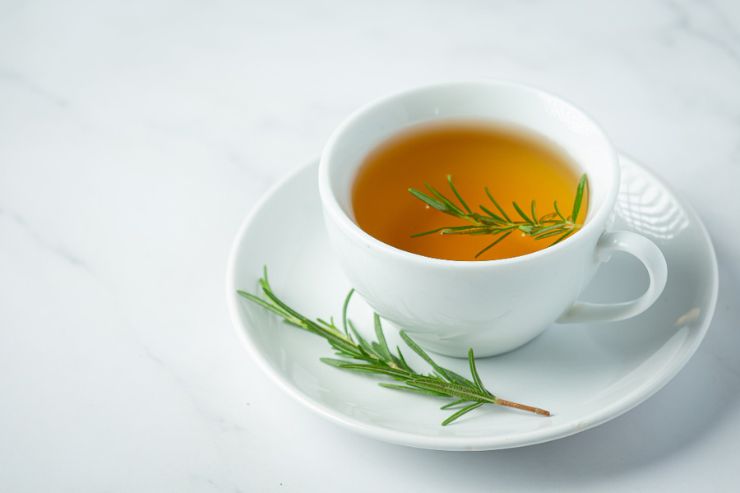What is White Tea?
White Tea
White tea is a delicately flavored and highly regarded variety of tea that has gained popularity in recent years. With its subtle taste, numerous health benefits, and rich history, white tea has become a favorite choice for tea enthusiasts around the world. In this article, we will explore the origins of white tea, its health benefits, brewing techniques, popular blends, and more. So grab a cup of tea and join us on this journey through the world of white tea.
Introduction
Tea has been consumed for centuries, but white tea stands out as a unique and special type of tea. Unlike green, black, or oolong tea, white tea undergoes minimal processing, allowing it to retain its natural flavors and beneficial properties. Let’s delve into the origins of white tea and discover its fascinating history.
History and Origins
White tea originated in China during the Tang Dynasty (618-907 AD) and was traditionally enjoyed by emperors and the royal court. Its production process involves handpicking the youngest leaves and unopened buds of the Camellia sinensis plant, which are then gently withered and dried. This minimal processing preserves the delicate flavor and appearance of the tea.
Types of White Tea
There are several varieties of white tea, each with its unique characteristics and flavor profiles. Let’s explore some of the most popular types of white tea:
Silver Needle
Silver Needle, also known as Bai Hao Yin Zhen, is considered the most premium and sought-after white tea. It consists of only the unopened buds, covered with tiny white hairs, resembling silver needles. This tea offers a light and sweet flavor with subtle floral notes.
White Peony
White Peony, or Bai Mu Dan, is made from the buds and leaves that follow the Silver Needle harvest. It has a slightly stronger flavor and a fuller body compared to Silver Needle. The infusion of White Peony tea has a golden hue and a delicate aroma.
Longevity Eyebrow
Longevity Eyebrow, or Shou Mei, is made from the larger leaves of the tea plant and has a bolder flavor profile. It is often described as earthy, with a slightly nutty undertone. Longevity Eyebrow tea is an excellent choice for those who prefer a stronger and more robust cup of white tea.
Tribute Eyebrow
Tribute Eyebrow, or Gong Mei, is another type of white tea made from the larger leaves of the tea plant. It is known for its unique aroma and flavor, which can be described as sweet and fruity. Tribute Eyebrow tea is a great option for those looking for a distinctive and aromatic white tea experience.
Health Benefits of White Tea
In addition to its delicate taste, white tea offers various health benefits. Let’s explore some of the reasons why white tea is considered a healthy beverage choice:
Antioxidant Properties
White tea is rich in antioxidants, which help protect the body against free radicals and oxidative stress. These antioxidants, such as catechins and polyphenols, have been associated with a reduced risk of chronic diseases, including heart disease and certain types of cancer.
Boosts Immune System
The natural compounds found in white tea, such as catechins and flavonoids, have immune-boosting properties. Regular consumption of white tea may help strengthen the immune system and protect against common illnesses.
Supports Healthy Skin
The antioxidants present in white tea can also benefit the skin. They help combat the effects of aging, promote skin elasticity, and reduce the appearance of wrinkles. Some skincare products even contain white tea extract for its rejuvenating properties.
Aids in Weight Management
White tea may assist in weight management by boosting metabolism and promoting fat burning. It contains catechins that can help increase the body’s ability to burn calories and fat, making it a popular choice for those looking to maintain a healthy weight.

